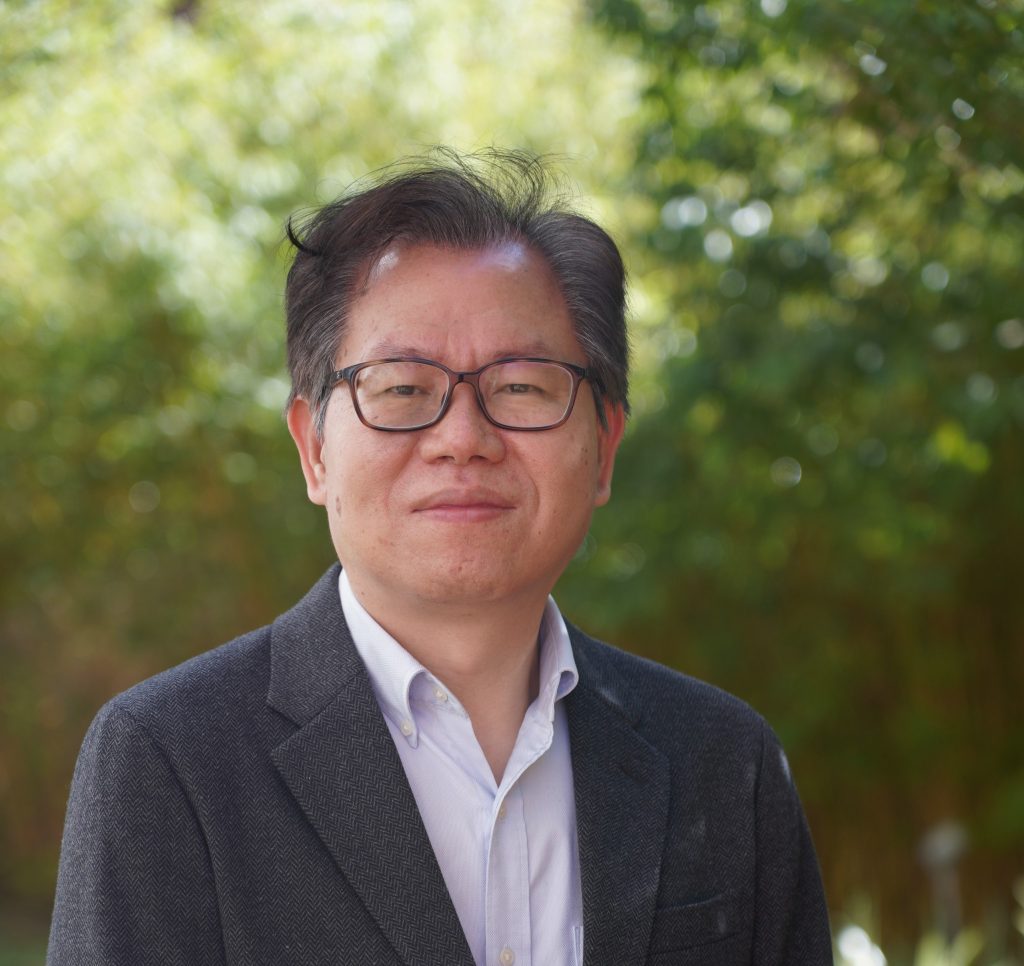High-voltage Aqueous Mg-ion Battery Facilitated by Water-in-salt Electrolyte
Although widely used in our daily life, lithium (Li) -ion batteries fall short because the materials used are often scarce, toxic, and expensive. They also have safety issue in operation due to their organic based electrolytes. Beyond lithium-ion batteries, a low-cost magnesium (Mg) metal anode based aqueous Mg-ion battery has been developed first time by Professor Dennis Leung’s research team in the HKU Department of Mechanical Engineering. As Mg is the 5th most abundant metal element in the earth’s crust (three orders of magnitude more than Li), the advantages of low cost and non-toxicity make Mg a desirable alternative to Li as the anode material. The proposed battery shows a high discharge plateau of 2.4-2.0 V and an excellent rechargeability for over 700 stable cycles. This high operation voltage exceeds the counterpart of other multivalent-ion batteries, including zinc (Zn) metal and aluminum (Al) metal batteries. The mechanism behind was also revealed, where a conductive metallic oxide layer was facilitated by the chloride (Cl-) ions inside the water-in-salt electrolyte, providing ionic pathways for rechargeable battery operations. The team hopes that the chemical insights obtained in this work could inspire further optimization and bring attention to the overlooked development of rechargeable aqueous Mg metal batteries. This work uncovers the once dismissed possibility of aqueous Mg metal batteries and opens a new avenue in the field of post-lithium-ion batteries. Other project team members are Dr. Wending Pan (Research Assistant Professor) and Miss Sarah Leong (PhD student).










